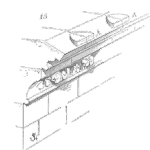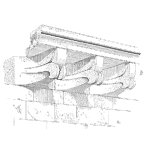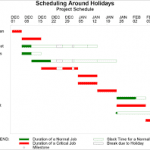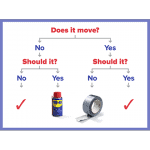
Risk is an interesting concept because there are a number of definitions and interpretations. And this bears on quality because the lack of consistency can make deployment difficult.
Two elements to risk can be seen in the below definitions. There is upside risk and there is downside risk. Some risk definitions have this and others don’t. [Read more…]













